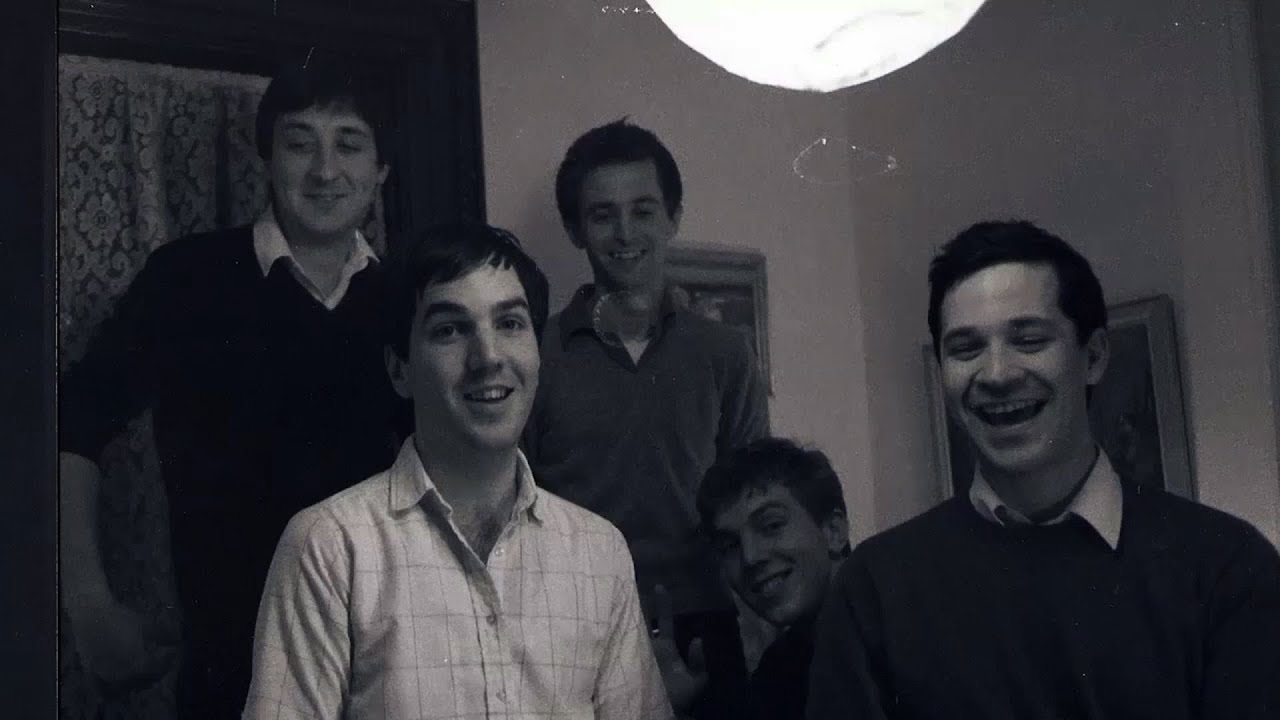It is ten years since The Walkmen’s first record Everyone Who Pretended to Like Me is Gone, and their newest (seventh) release feels like something of an elegant coda to work they started all those years ago.
Perhaps it is partly bound up in the visual imagery, not just evoked, but stated in the recent promotional photographs of the band by Arno Frugier, which look like they have emerged from a faded family album, around the turn of the twentieth century. They instantly recall the Lewis W. Hine photograph Newsies at Skeeter’s Branch that the band used on the sleeve of that first record, providing a radiant link between the past and the present. The Walkmen have always been a band that looks back, and their work is often about reflection and regret, desire and dissolution, containing a faded grandeur that is as rich as it is weary.
While 2010’s Lisbon seemed like a missive from the balmy seaside, with ‘Blue as Your Blood’ containing a sense of those "hazy, lazy days", "under the shade of a Juniper tree", it still suggests that you can never escape the haunting past. Heaven expands on that thesis, starting out tentatively with ‘We Can’t Be Beat’ – with Hamilton Leithauser singing "give me a life that needs correction", as we march, softly, towards a buoyant climax full of soothing harmonies (featuring Fleet Foxes’ Robin Pecknold), and driving drums.
The clattering musicianship on ‘Love is Luck’ is the kind of rock and roll that is dappled in early morning sunlight, yet not as frantic as some of their earlier work. On the glowing and forceful ‘Heartbreaker’, Leithauser sings of these being "the good years… the best we’ll ever know". This contentment is bound up not only in family life, but an acceptance that "it’s not the singer, it’s the song" – a way of paying homage to the various bandmenbers’ individual journeys to date.
The spindly guitar of ‘Southern Heart’ makes for a tattered ballad, with Leithauser’s careworn voice singing of being "inbetween two worlds". This idea of being pulled apart, a ghost in a fleshy world is also something that permeates ‘Line by Line’ with its insistent, yet delicate guitar melody that provides a note of tension, building almost line by line itself, into what sounds like graceful acceptance. That grace is there in the slow-moving crawl of ‘Jerry Jr.’s Tune’, and simple and sensuous ‘No-one Ever Sleeps’, with ‘Song for Leigh’ as a gentle lullaby that has a sense of the quick waltz about it. This pace is quickened further on ‘Nightingales’, which has the energy of ‘The Rat’ – all messy, lovely, driving guitars.
The title song seems like a companion piece to ‘Heartbreaker’, infusing an old-fashioned rock and roll spirit with a modern, deft touch. The Walkmen never shy away from heavy subjects: family, heartbreak, disappointment, True Love, and loneliness are explored in an understated, thoughtful way. "Remember, remember… all we fight for" Leithauser sings, and as if to remind us, ‘Dreamboat’ emerges from the misty shadows, bobbing along on guitars that evoke further balmy days. The rueful refrain "oh no, no no" suggests more melancholy is to be faced.
The Alex Southam-directed video for Heaven is a coalescing of archival footage and photographs, mapping out The Walkmen’s evolution. Personal, moving, poetic, humorous, and engaging – all that The Walkmen are, and all that their latest, majestic record is.



